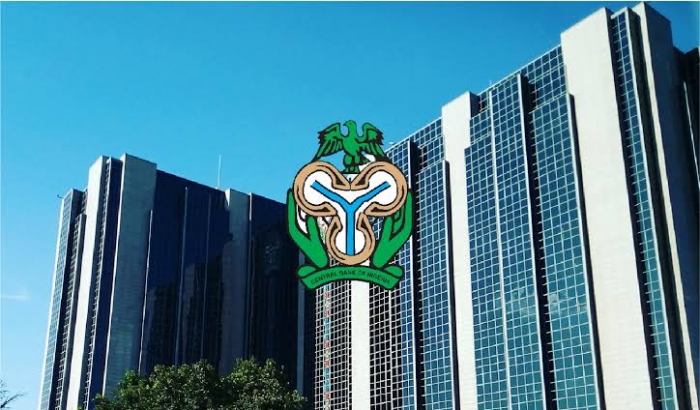The Central Bank of Nigeria (CBN) has announced a significant balance of payments surplus of $6.83 billion for the 2024 financial year, marking a remarkable turnaround from deficits of $3.34 billion and $3.32 billion recorded in 2023 and 2022, respectively.
According to a statement issued on Wednesday by the CBN's Acting Director of Corporate Communications, Mrs. Hakama Sidi-Ali, this improvement reflects the impact of wide-ranging macroeconomic reforms, stronger trade performance, and renewed investor confidence in Nigeria's economy.
The current and capital accounts recorded a surplus of $17.22 billion, underpinned by a goods trade surplus of $13.17 billion. On the export side, gas exports rose by 48.3% to $8.66 billion, while non-oil exports increased by 24.6% to $7.46 billion.
Import figures showed significant declines, with petroleum imports falling by 23.2% to $14.06 billion and non-oil imports decreasing by 12.6% to $25.74 billion. The decline in petroleum products imports coincided with the commencement of petrol production by Dangote Petroleum Refinery, which began selling to the Nigerian market on September 20, providing oil marketers an alternative to importation.
Personal remittance inflows remained resilient, rising by 8.9% to $20.93 billion in 2024. International Money Transfer Operator (IMTO) inflows surged by 43.5% to $4.73 billion, up from $3.30 billion in 2023, reflecting stronger engagement from the Nigerian diaspora. Official development assistance also increased by 6.2% to $3.37 billion.
On the financial account side, Nigeria posted a net acquisition of financial assets amounting to $12.12 billion. Portfolio investment inflows more than doubled, rising by 106.5% to $13.35 billion, while resident foreign currency holdings grew by $5.41 billion, indicating stronger confidence in domestic economic stability. However, foreign direct investment declined by 42.3% to $1.08 billion.
The country's external reserves grew by $6 billion to $40.19 billion by the end of 2024, strengthening Nigeria's foreign exchange buffer. Additionally, data quality showed marked improvement, with net errors and omissions declining by 79.5% to negative $5.10 billion in 2024, down from $24.90 billion in 2023, which the CBN attributed to improved data capture, transparency, and reporting integrity.
Commenting on the figures, CBN Governor Olayemi Cardoso stated, "The positive turnaround in our external finances is evidence of effective policy implementation and our unwavering commitment to macroeconomic stability. This surplus marks an important step forward for Nigeria's economy, benefiting investors, businesses, and everyday Nigerians alike."
The CBN further attributed the improved external position to policy reforms, including the liberalization and unification of the foreign exchange market, a disciplined monetary policy stance, and coordinated fiscal and monetary interventions.
